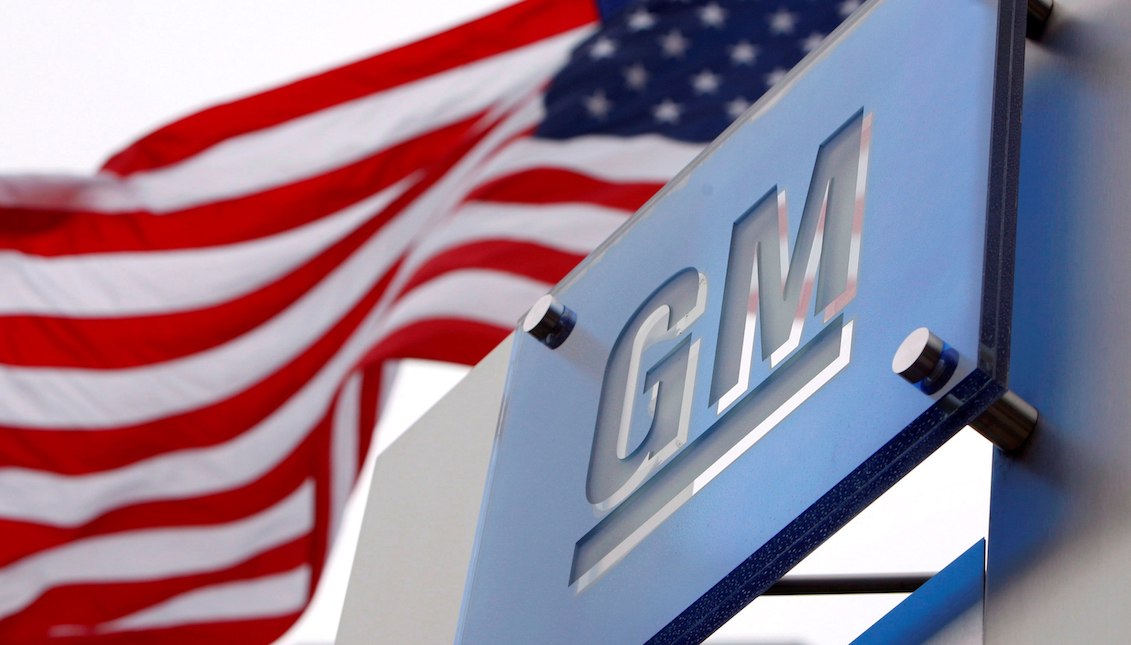
The promise that Trump couldn’t fulfill to General Motor’s workers
One of the giants of the automotive industry, General Motors, announced on Monday that will close five plants in North America, cutting at least 14,000 jobs…
"Don’t move, don’t sell your house. Those jobs are all coming back, "President Donald Trump said to about 8,000 people at the Covelli Center in Mahoning Valley, Ohio, just over a year ago.
Many of them relied on the president's word after General Motors closed one of its plants back then. In fact, about 40% of the members of the United Auto Workers Union gave their unconditional support to the president since the elections, the Washington Post recalls.
This promise was not only unfulfilled, but it has now become counterproductive.
General Motors announced on Monday that it would close five plants in North America, eliminating around 14,000 jobs to reduce costs.
The company explained that the decision comes after GM cars registered sales at a lower level than expected, as well as the high production costs resulting from the new tariffs imposed on materials such as steel, explained the BBC.
The low profitability of car models such as the Buick LaCross, the Cadillac CT6, Chevrolet Volt, Chevrolet Impala and the Silverado, led General Motors to redirect their efforts towards electric and automatic models.
“Today we announced new actions to accelerate the transformation of General Motors building on the comprehensive business strategy we shared in 2015,” said GM president and general manager Mary Barra. “In addition to demonstrating our continued cost efficiency mindset, these actions support our ongoing work to make General Motors more agile, resilient and profitable, while giving us the flexibility to invest in the future.”
RELATED CONTENT
The states that will be affected are Detroit, Ohio, Maryland and Michigan in the United States, as well as Ontario in Canada.
Thanks to the commercial negotiations of the Trump Administration, this sort of companies face a fundamental obstacle in their assembly process.
According to CNN, tariffs on imported steel and aluminum "increased their costs of basic products by around 300 million dollars in the third quarter, and could increase the cost of 1,000 million dollars next year."
Even though Barra ruled out the possibility of "a single factor" that could drive this decision, the closure of General Motors plants follows a pattern initiated by Ford in 2011 and Mitsubishi Motors in 2016, something that specialists attribute to "a growing disconnection between capital and labor" in the United States, which is causing "many Americans to lose faith in the economic system that made our country the most powerful in the world," explains James Hohmann in his column for the Post.
Worse yet, this latest announcement ratifies the difference between presidential statements and what actually happens in the country.
Just seven months ago, Trump wrote on Twitter that there was a "business expansion and jobs pouring" into Michigan. "Auto companies expanding at record pace."
Look forward to being in the Great State of Michigan tonight. Major business expansion and jobs pouring into your State. Auto companies expanding at record pace. Big crowd tonight, will be live on T.V.
— Donald J. Trump (@realDonaldTrump) 28 de abril de 2018
For Andrew Mayeda, a reporter specializing in economics, the decision of General Motors will transform these states into "important battlefields" in 2020.
Big reason why the GM layoffs are swiftly becoming a political football: two of the plants being shut down (Youngstown, OH and Warren, MI) are in the heart of turf Trump flipped or became competitive in in 2016 and will be major battlegrounds in 2020.
— Andrew Mayeda (@amayeda) 26 de noviembre de 2018










LEAVE A COMMENT: